I started out the morning thinking I’d write about something else but spied this story about a Waldorf School in the Sunday New York Times and knew, even without reading the entire article, that these were the thoughts I wanted to share today. I won’t do a retread of the article; read it yourself. (Although I certainly sat up when the writer recognized my alma mater, Oberlin College, as a prestigious institution. I quite agree.) Similarly, I won’t reiterate Waldorf’s points about creativity, attention span, brain development or relatedness. They are true, by the way, and something I’ve been saying for years to anyone who will listen in much the same way that I’ve pointed out, repeatedly, that the book–as a piece of technology–needed no improvement other than the medium of which it is composed. (Kill a tree vs. kill an electron: there’s no contest, of course. But that doesn’t mean that I believe the 2-D tech of an e-book/reader serves brain development as well as the spatial requirements inherent in navigating 3-D, a skill that develops early on in life and which factors, heavily, in a person’s ability to retrieve and retain information. Think about it the next time you watch kids playing peek-a-boo. Now, will this change as more kids use e-readers? Beats me. While malleable, the human brain has taken a long time to get to where it is, and I’m not sure that training a new generation of kids to effectively use an e-reader serves them, or us, well. My opinion, for what it’s worth.)
Truth be told, you almost don’t have to read the article, though, do you? Because there is Bryn Perry, sprawled on a desk, lost in a book. (My fantasy is that it’s Nancy Drew; the books have the same covers.) That picture takes me back to, yes, some good old days when picking up a good book was both the greatest reward–and expected.
One thing I’ve been asked on tour a fair amount is to name my favorite authors. My stock response–true, by the way–is that I don’t have any absolutes. Whoever’s telling me a thumpingly good story at that second is my favorite author. This isn’t me being coy either (although I make it a habit not to diss other authors; life is hard enough).
But ask me about a pivotal book–one that rocked my world, completely freaked me out, reduced me to tears–and that I’ll tell you without hesitation: Charlotte’s Web.
I’m not kidding. To this day, I remember where I was when I read about Charlotte’s death: sitting cross-legged by the well-stocked bookshelf in Mrs. Floyd’s second-grade class. (The beauty of life back then, in the Dark Ages, was that if you finished your work early, you were allowed to pick any book you wanted from those well-stocked classroom shelves and settle down for a good read.) The shock of Charlotte’s dying was seismic. I cried my eyes out. Just couldn’t help it. I remember lining up to go to the cafeteria for lunch and Mrs. Floyd asking, ever so gently, if I’d read something upsetting.
Embarrassing? Yeah, I imagine so, although I don’t remember any other kids laughing at all. What I do recall, though, is that feeling of utter devastation. In fact, I’m tearing up just writing this.
Being a navel-gazey sort, I think I understand why this shook me so. Charlotte’s death was the first time it hit me that parents were mortal. They could and would die, and I’d be left alone, which is–believe me–every young kid’s nightmare. (The next time your six/seven/eight-year old brother or sister throws a major hissy fit when the family’s in crisis? He/she’s not being a pain in the ass. Your sib is worried about whether or not you love them enough not to let them die.)
Would I have had this experience elsewhere, say, at home? Sure. My parents weren’t really avid readers; I don’t remember ever seeing them with a book in hand unless it was to read that book to one of us. (Another true memory: when I had my tonsils out–I must’ve been about five–they used ether and I remember constantly drifting off as my dad read Mary Poppins aloud. I’d wake up and demand he keep going. Must’ve taken a full day to get through that book.) My dad was also a great storyteller and one of my favorite times was right before bed, when he’d conjure up something off the cuff. (I remember one long-running saga about a wayward little gorilla who kept looking for his parents.)
What my parents didn’t have in time to read was offset by a reverence for books, and there were always plenty from which to choose. Their greatest gift to me–and I’m dead serious–was the day they enrolled me in a kid’s book-of-the-month club. This, I eventually replaced with a sci-fi book of the month club when I was old enough to have started earning money, and I had shelves full of books–both the original kids’ club collection and those later sfs–by the time I went to college. Many, many, many books I kept and read later to my own children.
Another true fact/memory: I read to my youngest until she turned about 14. I recall that we were on Watership Down for the second time through when I petered out. She never complained and I never asked, but she mentions, every now and again, how sad she was that I stopped. I think I said something stupid like I thought she was too old or something–and her response still makes me sad: “No, Mom. I always loved it when you read out loud.” Oh, the things you realize only in retrospect.
While all this is far afield from the picture of that girl, on her back, with that book, it’s also really not. A book is a gift. The joy in the discovery of new worlds, in flights of the imagination, in the simple pleasure of diving into that hole in the page and becoming lost in a story is one that should never be taken for granted or done away with. Can you get the same experience with an e-reader? Yes, there is no question that you can. I know because I have one; I’ve done it; I’ve torn through books in a single sitting. (But do I enjoy them as much? I don’t know. Part of me thinks not–especially since, if I really like a book, I will also buy the physical copy–but, then again, I’m both a shrink and a romantic.)
But–and this is the important thing–what you lose when you throw over the tangible, physical book is the opportunity for discovery. I’m not talking about story, per se. I’m talking about the rush of fingering through shelves and shelves of real, physical objects. Not only do I remember Mrs. Floyd and Charlotte, I remember the actual books: those shelves full of worlds waiting for me to open and dive on in.
That can’t be done with an e-reader. It just can’t. Maybe it will, some day; there might be a virtual bookshelf that’s actually appealing, eye-catching and all the rest–but it doesn’t exist now. There is no ability to flip from the beginning chapter to the middle of a book; to skip around and try things out. To discover, on your own. No, you are told where you can go and what you may try out; the little taste of story you get is dictated by someone else–and that’s just no good.
Because, think about this: the prototypical dystopia is one where the human soul is oppressed and controlled by the state. There is no choice, no reverence for imagination or creativity. Now–think about the freedom you have lost when you surrender control of what you may read to a company or a website.
Think about it. There is no difference. There is no difference at all. You just think you have a choice.
So, take a long, long look at that girl sprawled on that desk and then move on to the pictures of those kids handling real flowers–all those colors and textures and smells–or listening, rapt, to real human beings.
Then go out and hold a book–a real book, that treasure–in your hand.
That is the feel of freedom.
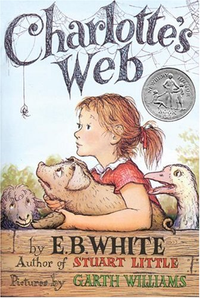
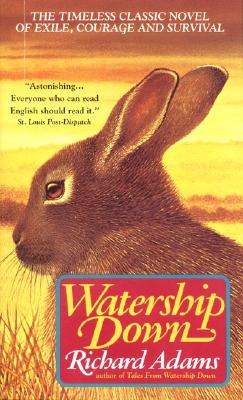
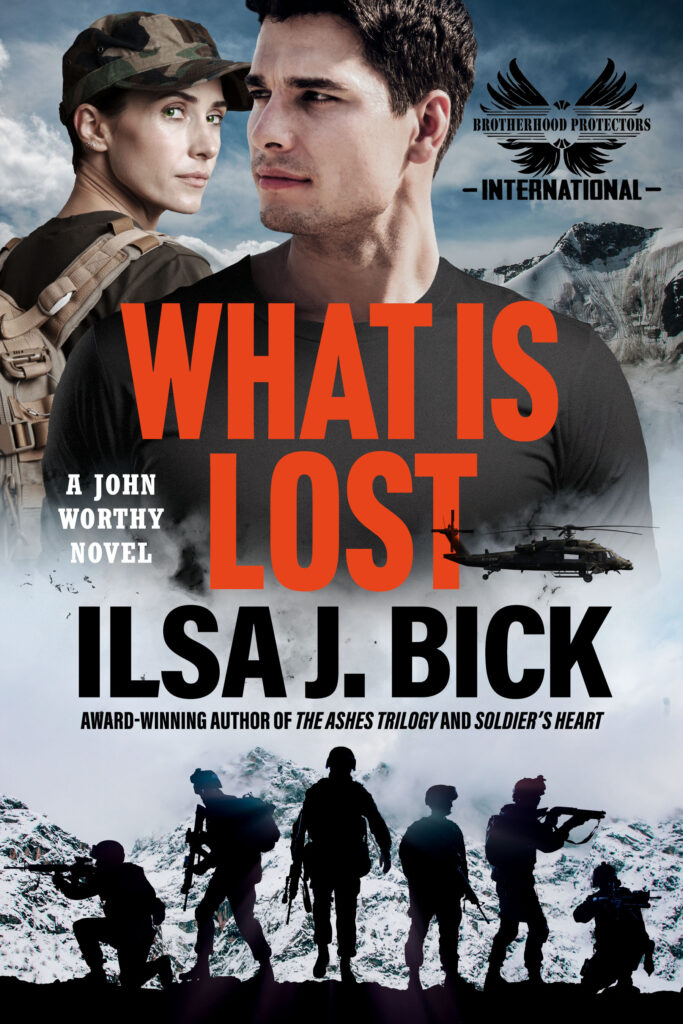
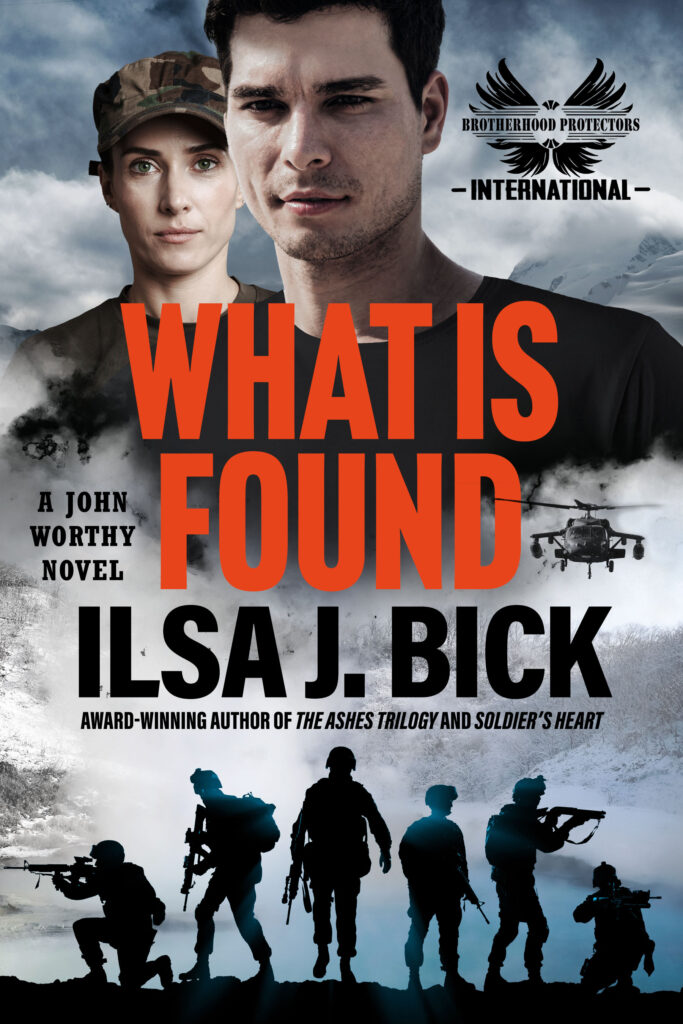
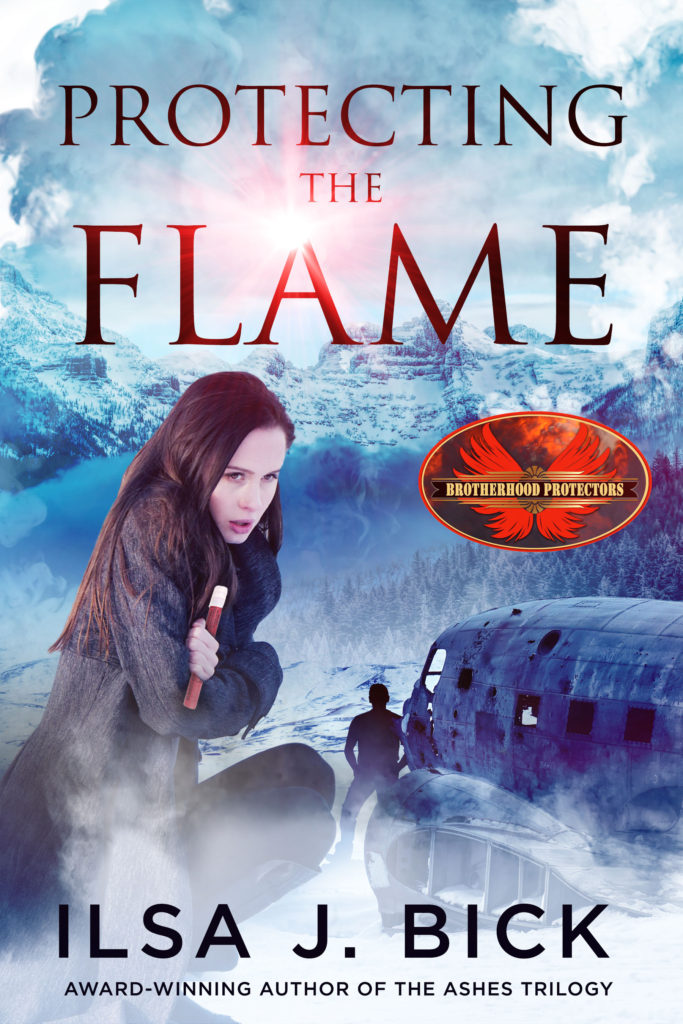
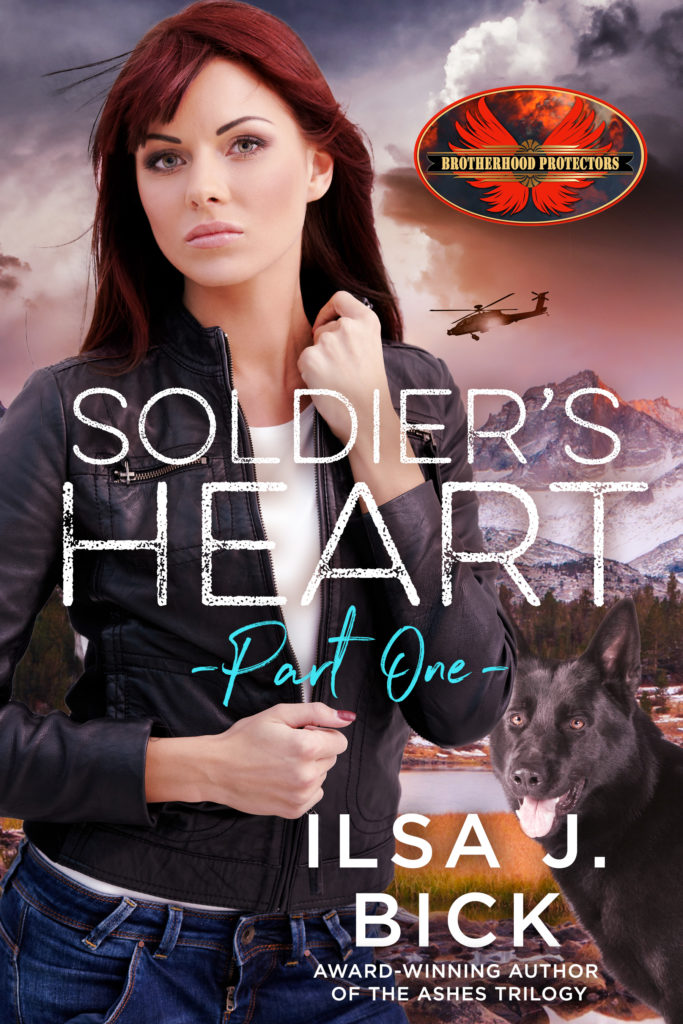
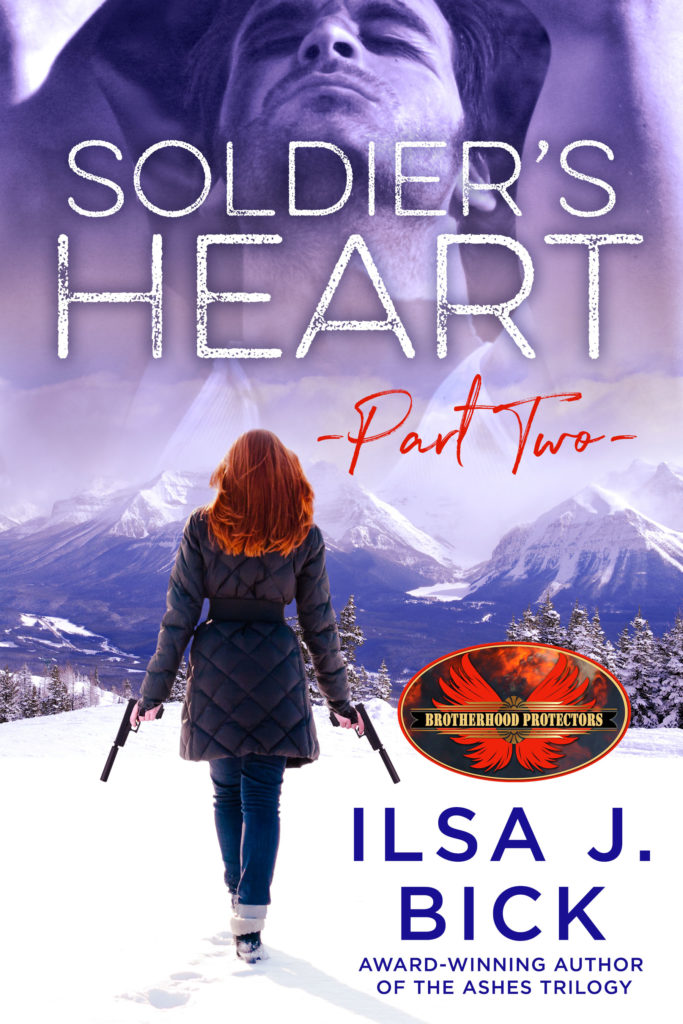
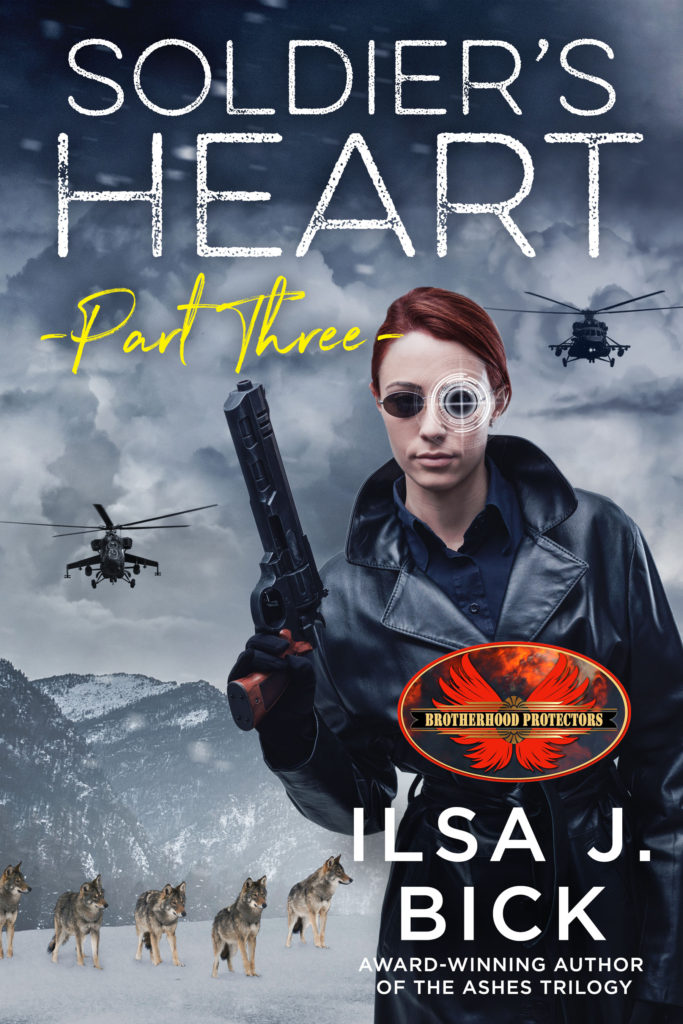
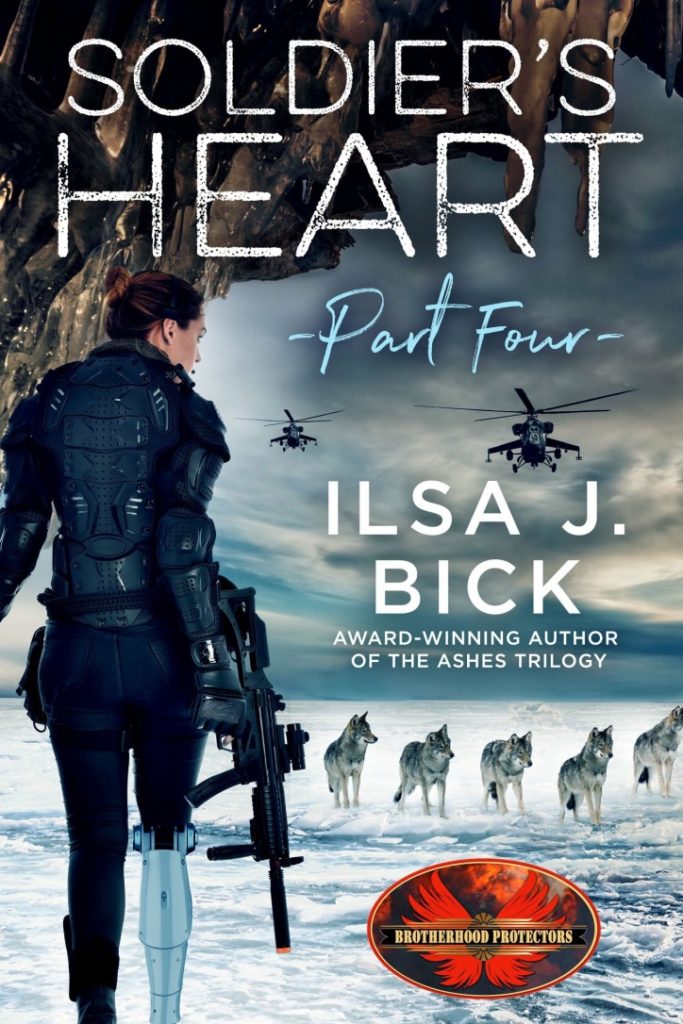
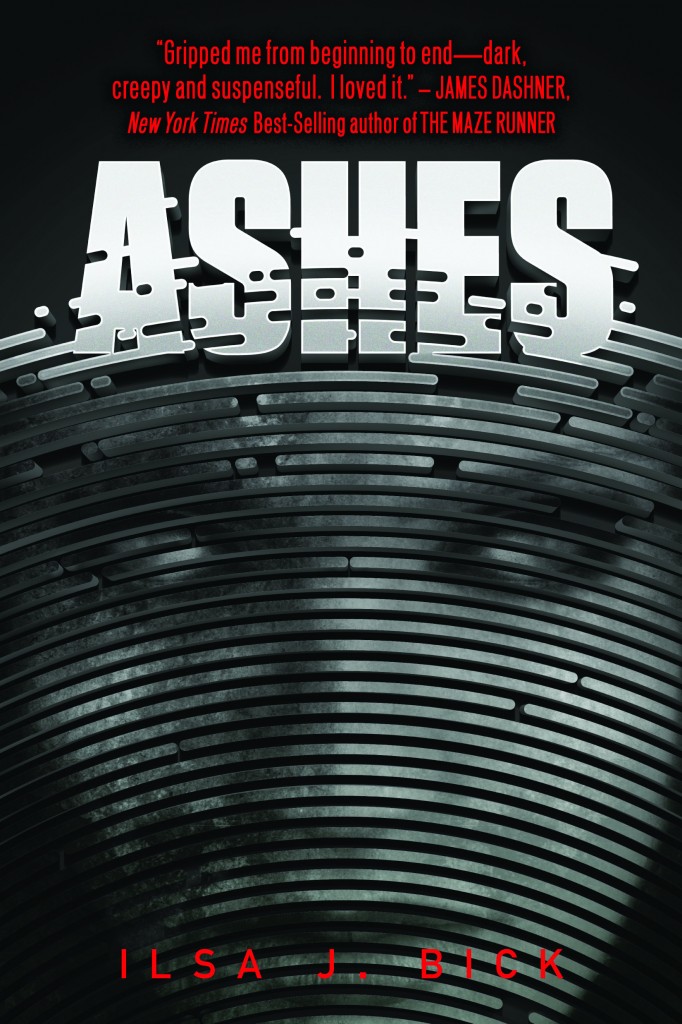
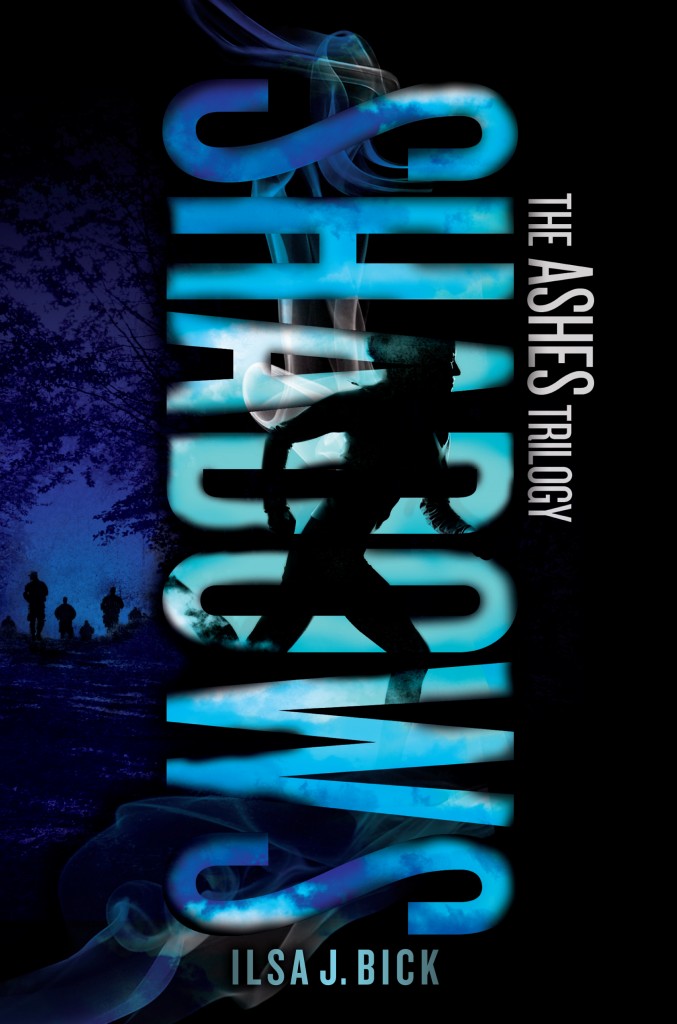
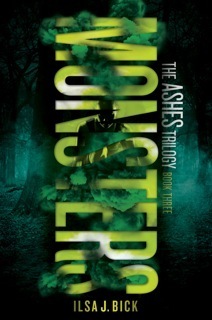
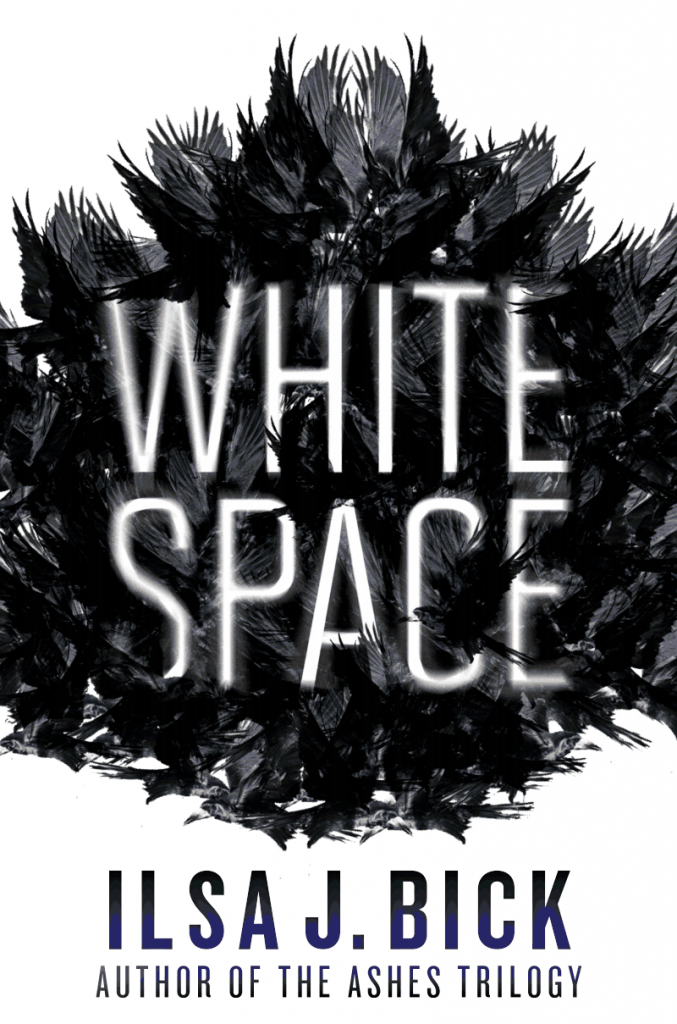
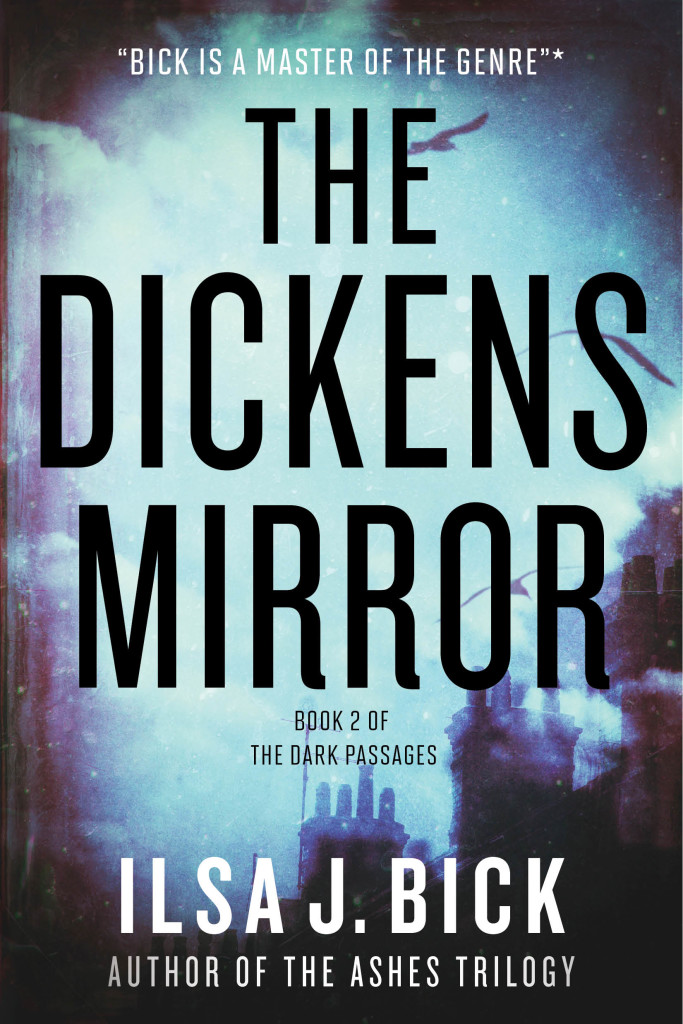
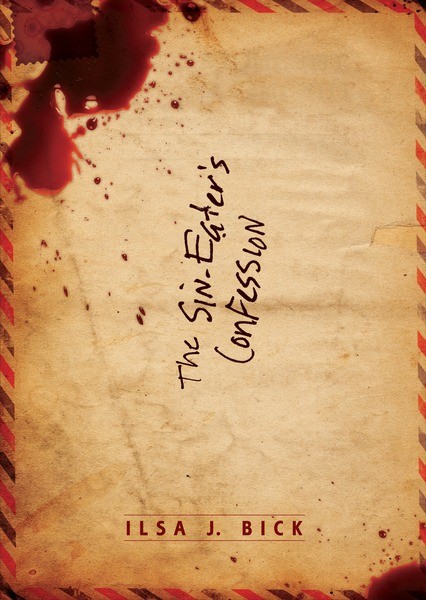
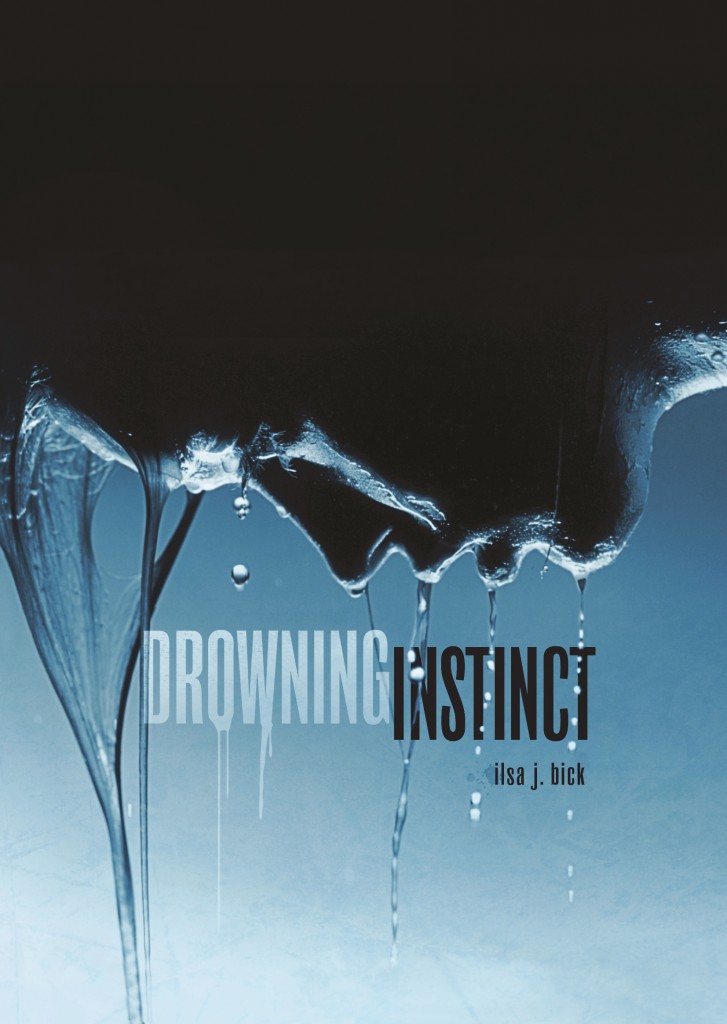
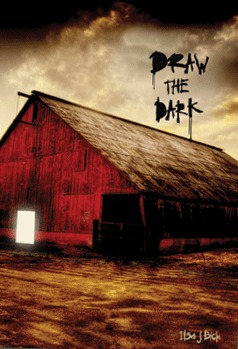
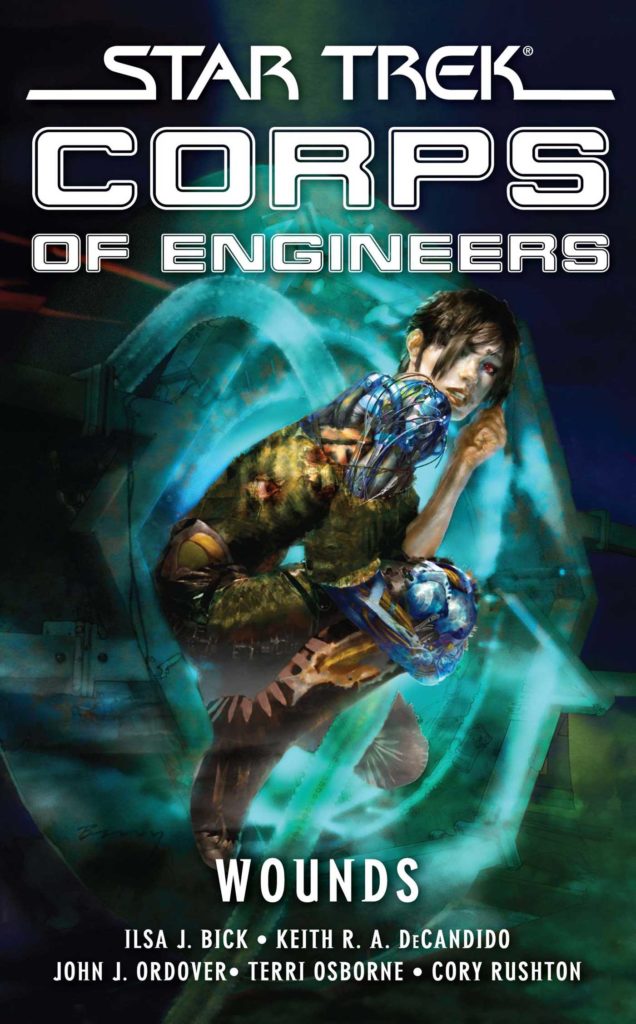


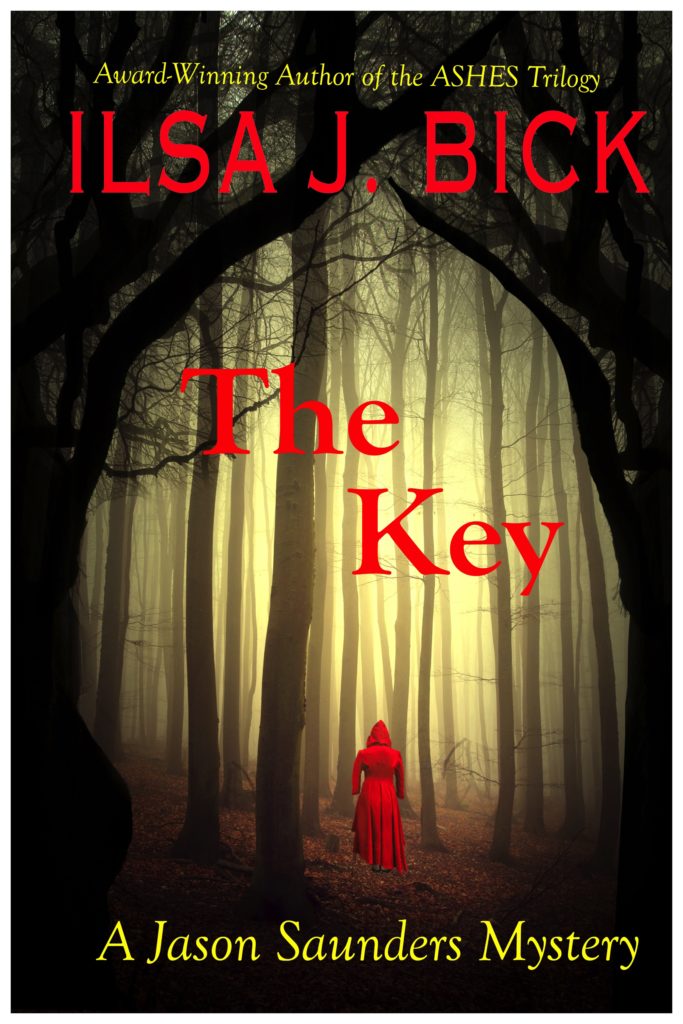
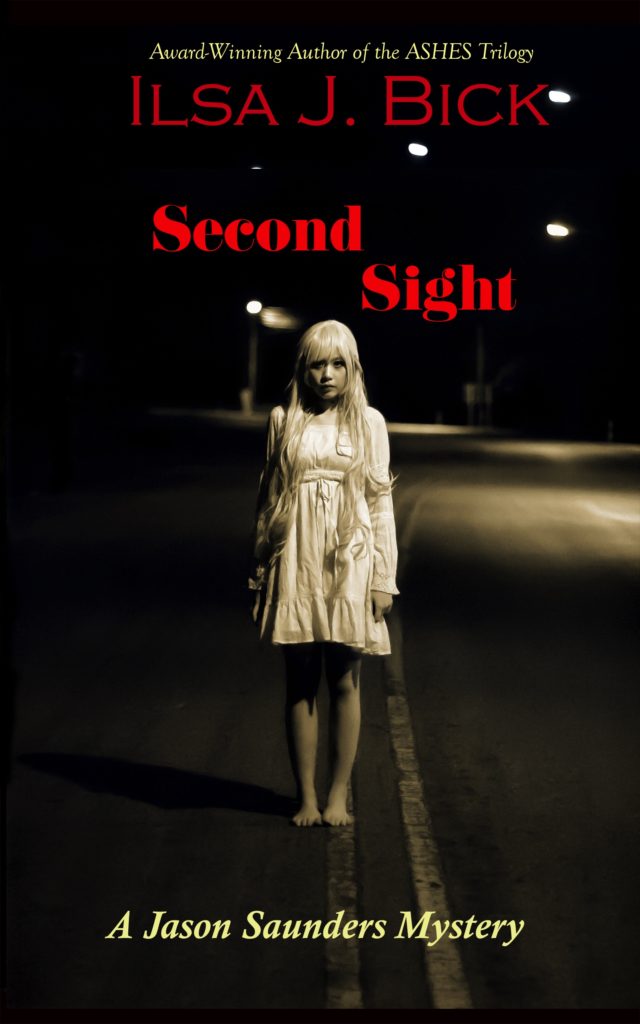
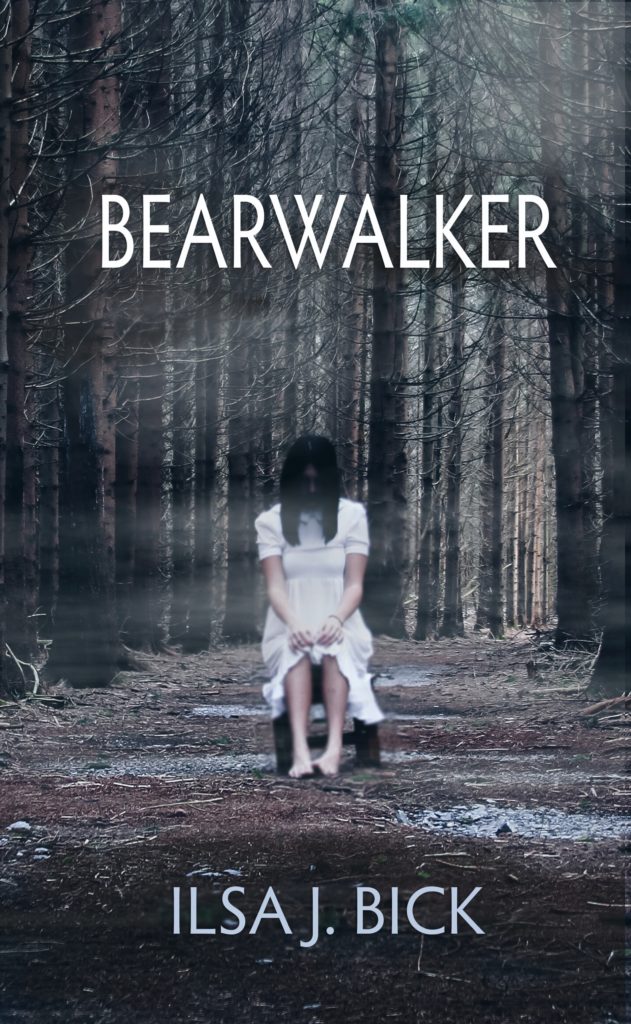
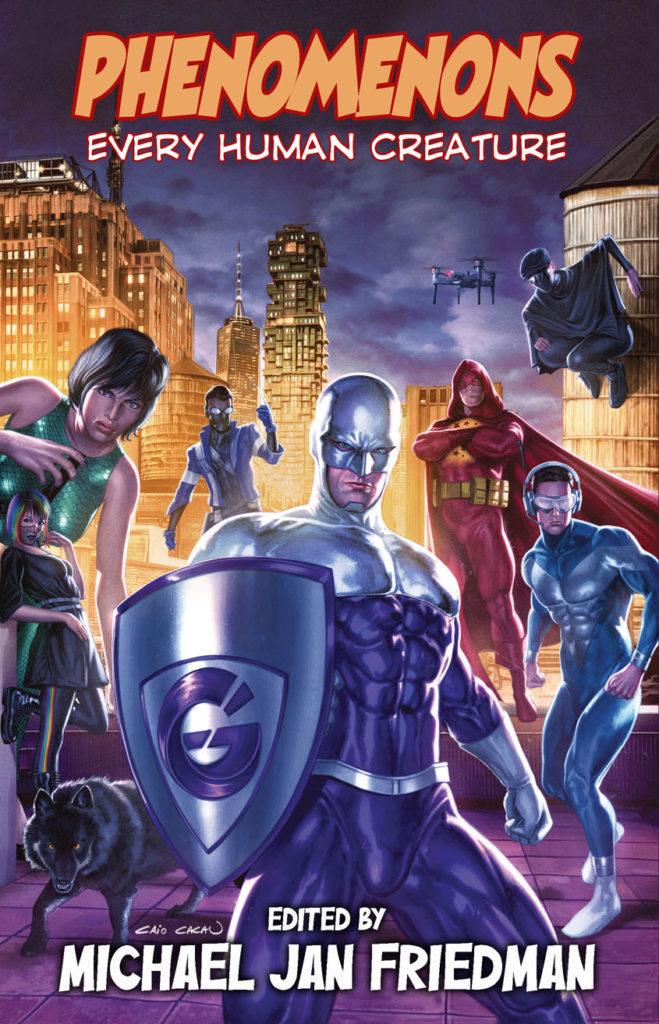
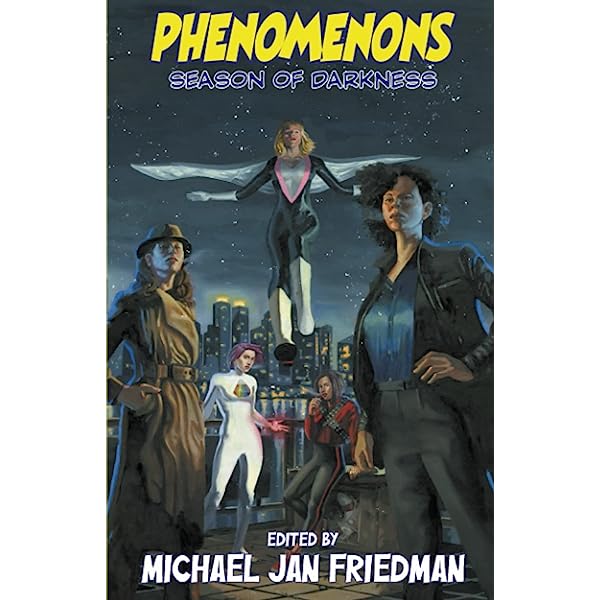

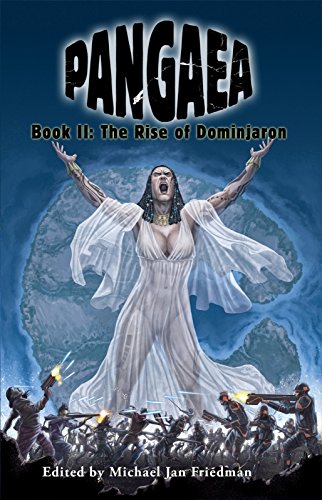
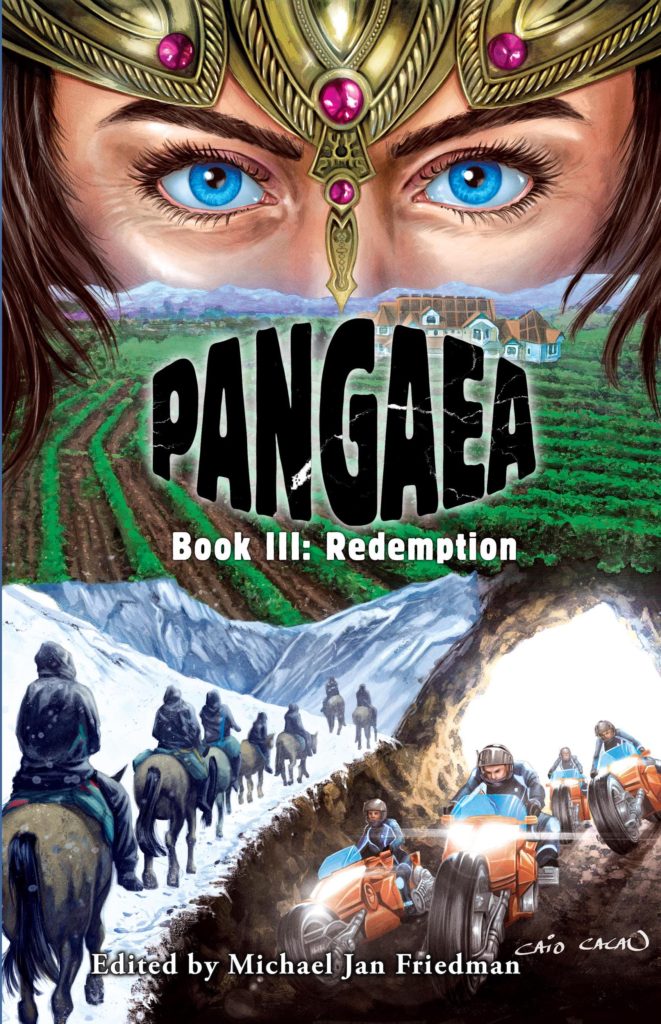
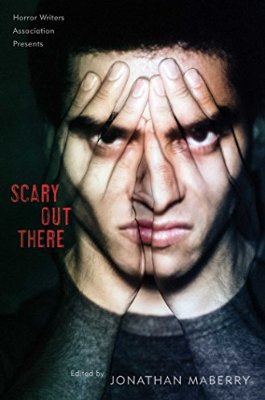
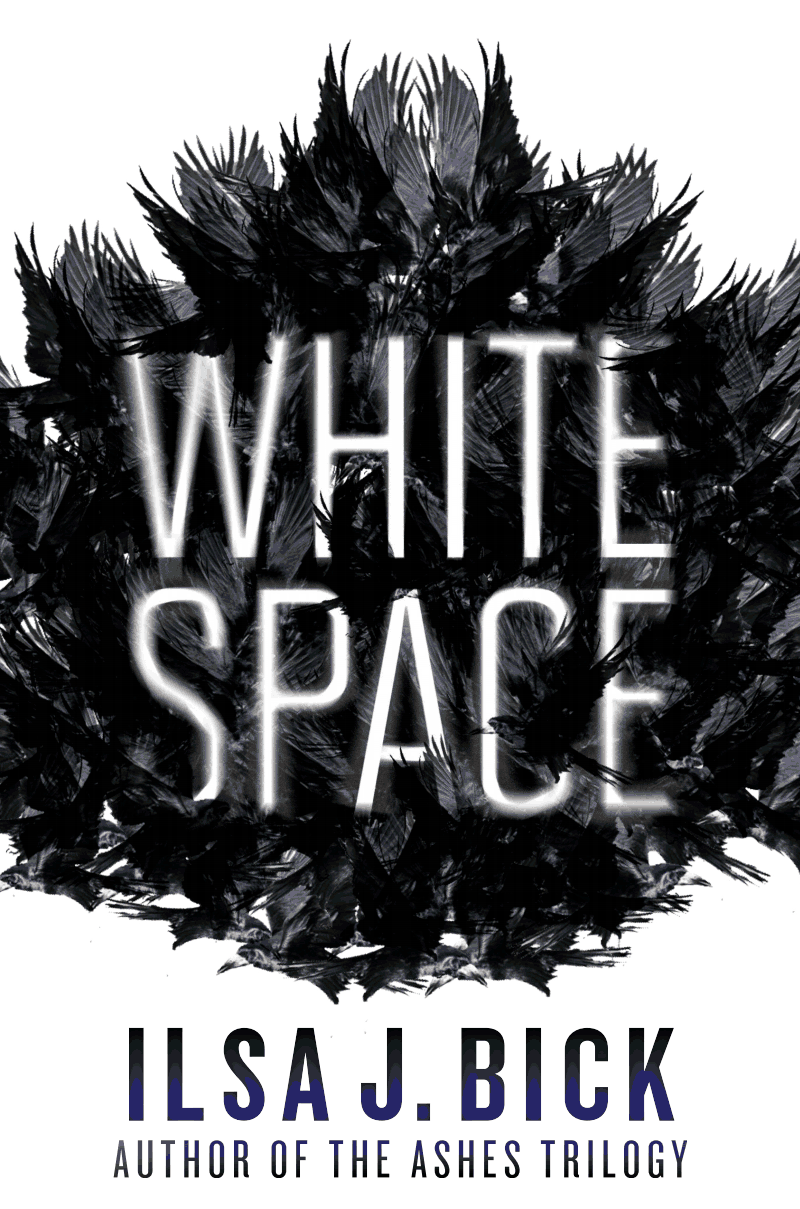
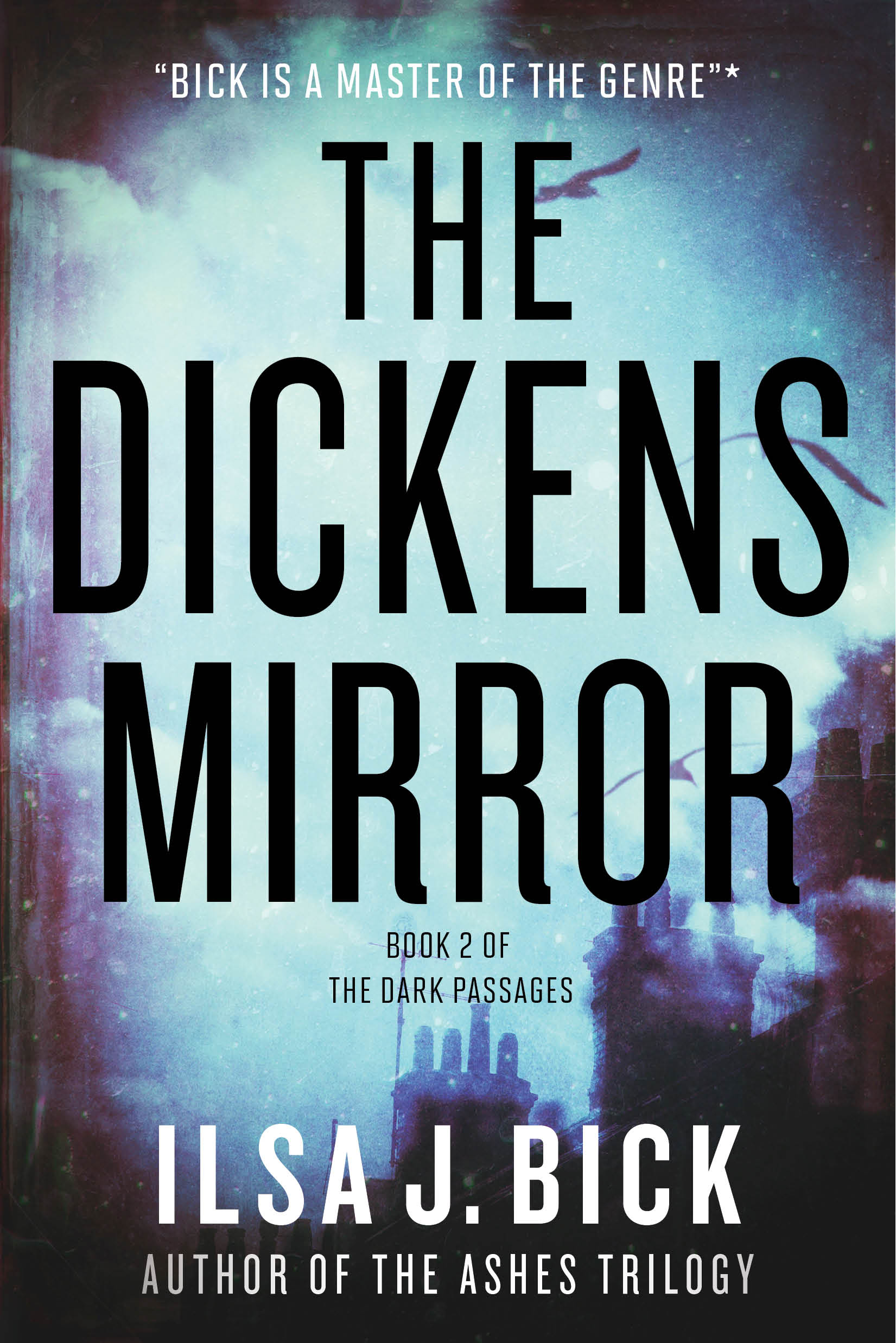
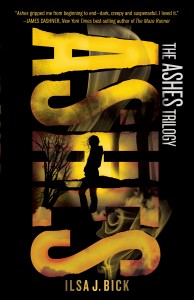
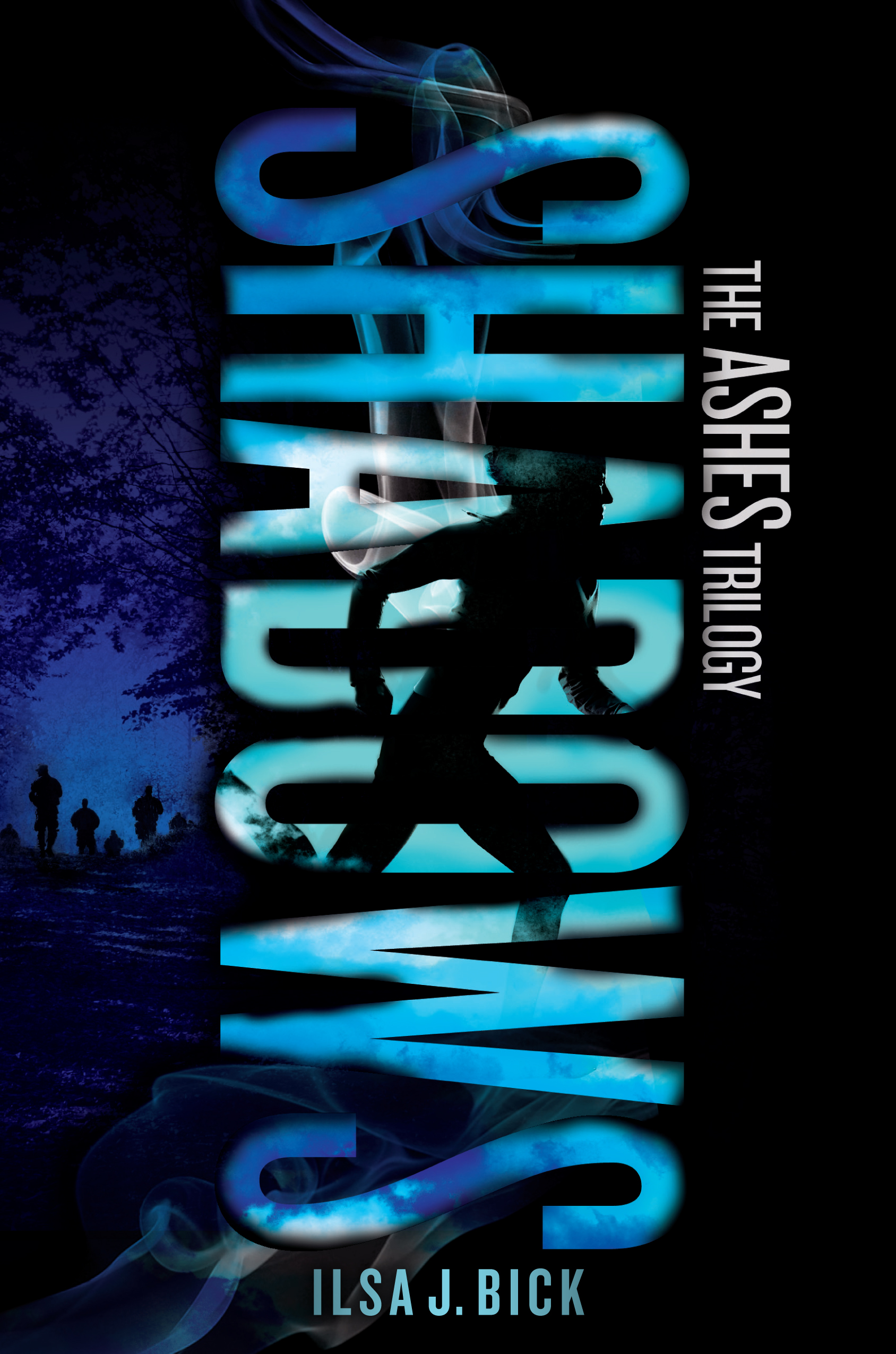
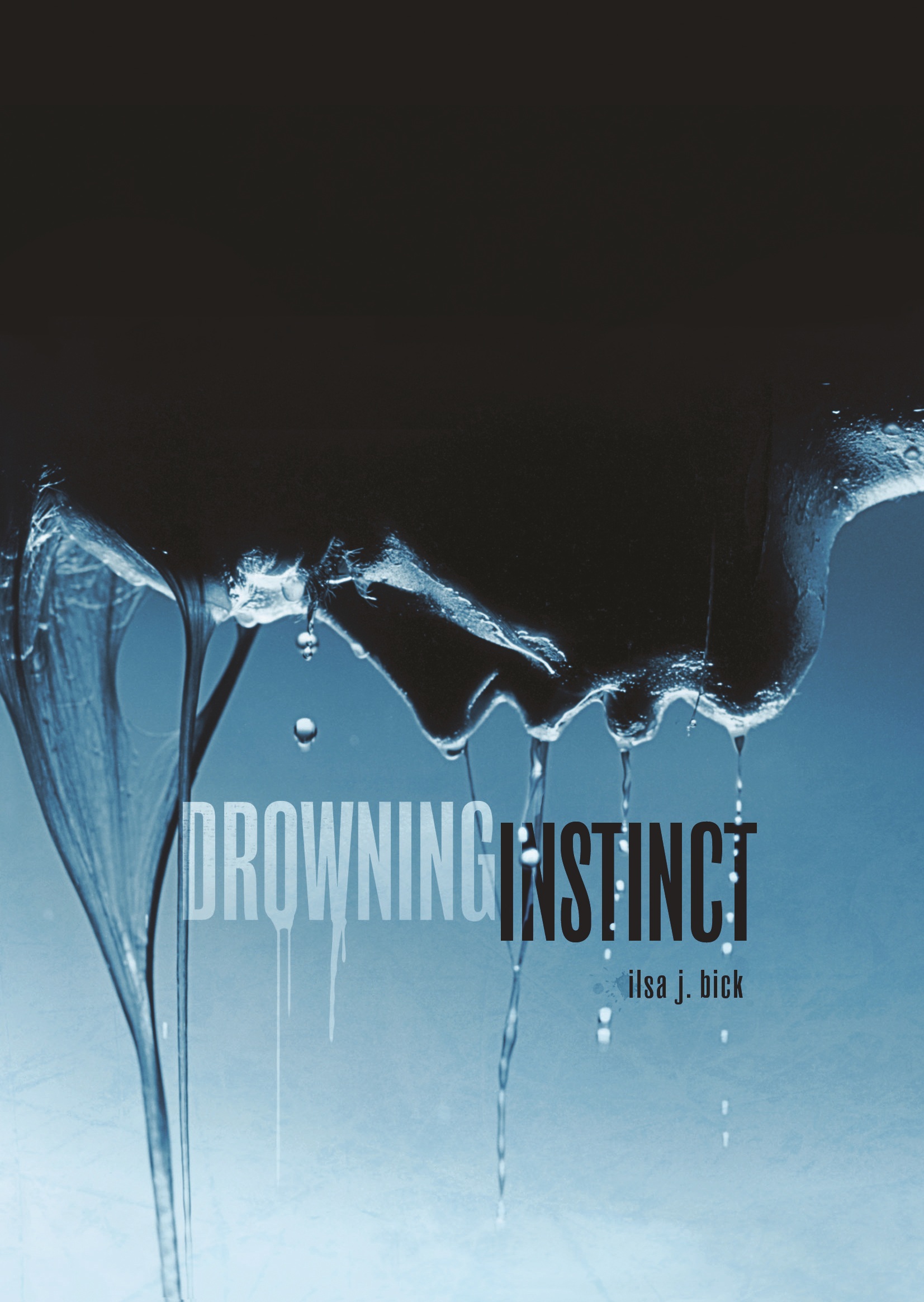
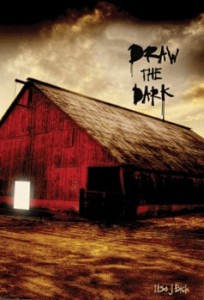
Hi Ilsa – Great Post. See the following article, which describes a very similar program to that at my daughter’s elementary school in London: http://harvardmagazine.com/2011/09/reading-is-elemental
As you said, we don’t know what all the emphasis on technology will do to kids’ brains. It is a giant experiment.
Hey, Margaret: Thanks for that article. My favorite line: “Without reading, there can be no learning.”
I know that if i spend too much time simply playing around on the Internet, not only do I get nothing done, my attention span is much shorter. Plop me in front of a good story, though, and I’ll stay there all day.
Fingers crossed that our kids figure this out.